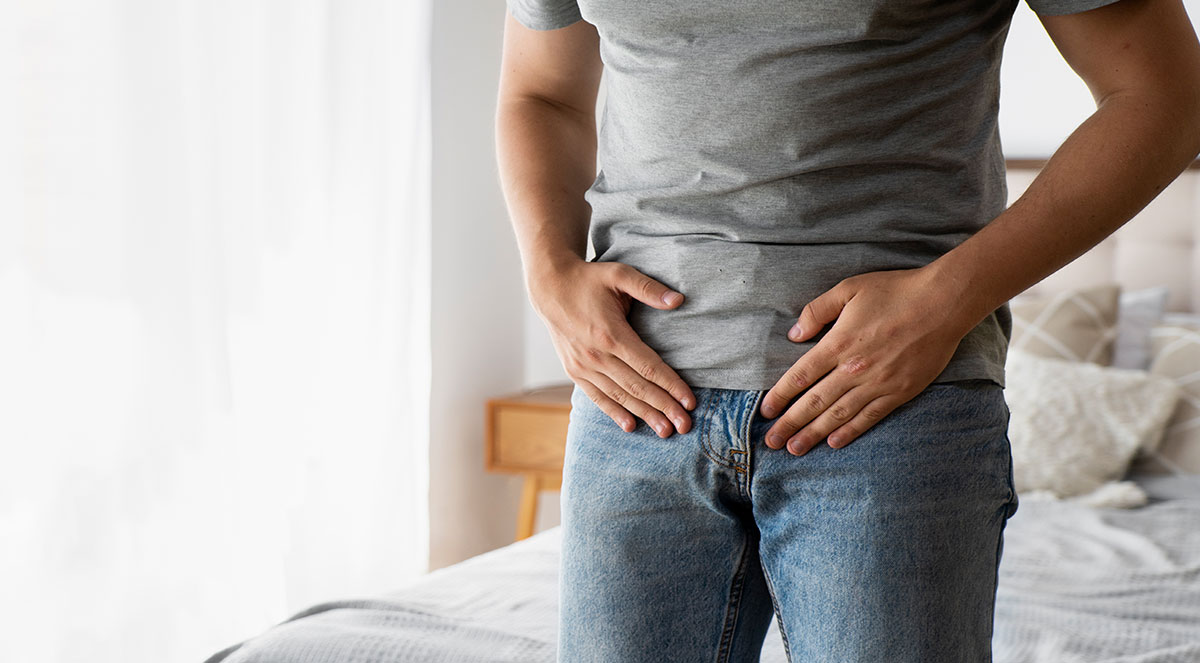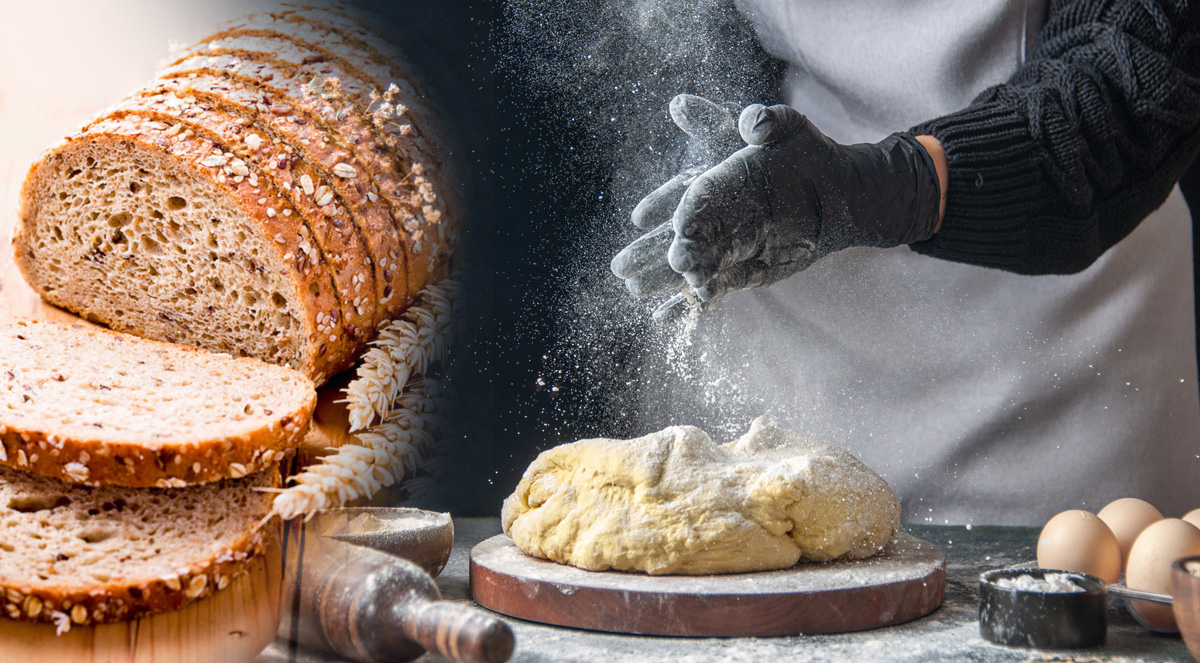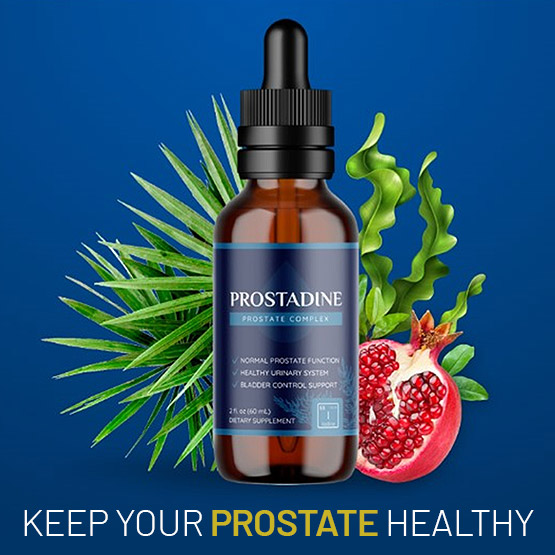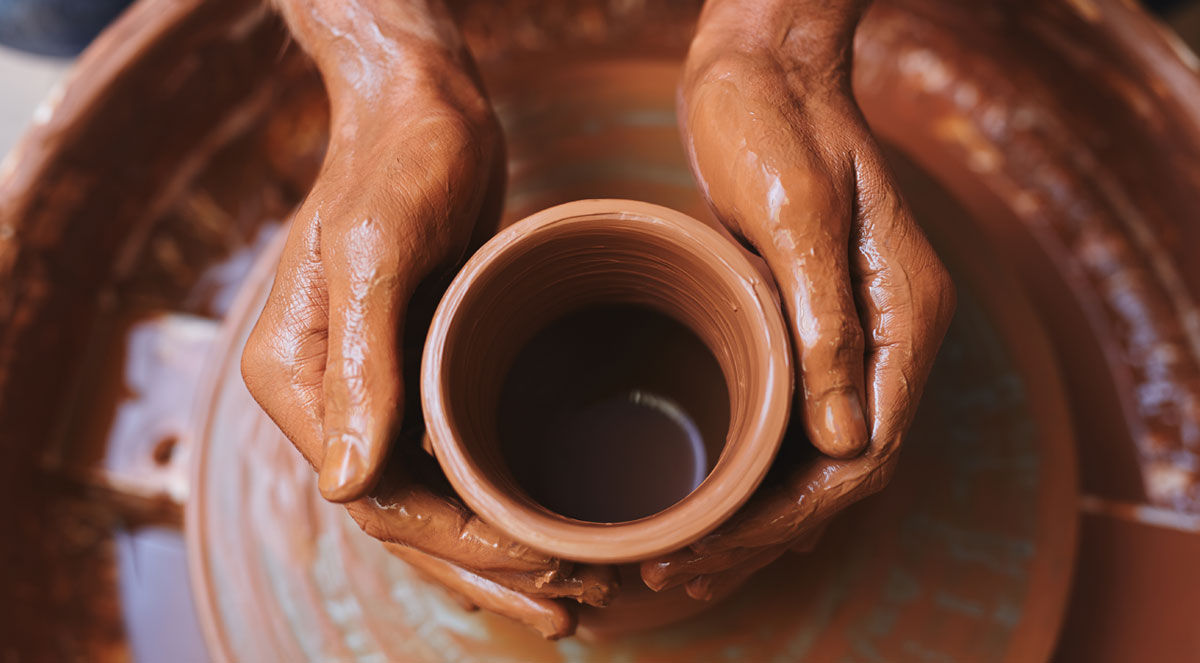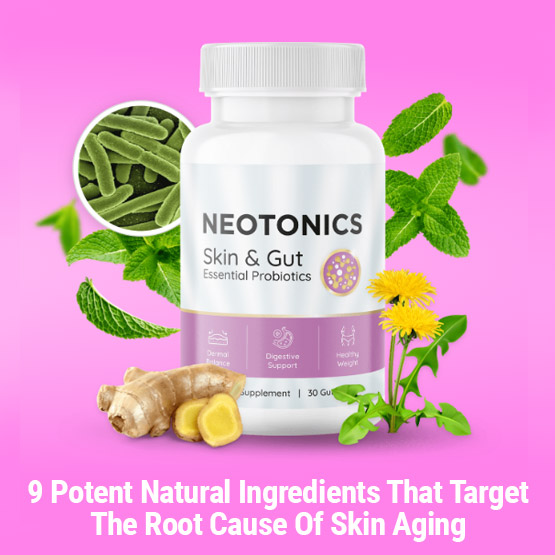Experiencing prostate pain after sex can be concerning and may indicate various underlying issues. Here are some potential causes:
- Prostatitis: This is inflammation of the prostate gland, which can be acute or chronic. Symptoms may include pain or discomfort in the pelvic area, lower back, or genital region, particularly after ejaculation.
- Prostate infection: Infections of the prostate gland, such as bacterial prostatitis, can cause pain or discomfort, including pain after ejaculation.
- Benign prostatic hyperplasia (BPH): This condition involves the enlargement of the prostate gland, which can cause discomfort during or after ejaculation due to increased pressure on surrounding tissues.
- Pelvic floor muscle dysfunction: Dysfunction or tension in the pelvic floor muscles can lead to pain or discomfort after sex, including pain related to the prostate area.
- Sexual activity-related factors: Certain sexual activities or positions may put pressure on the prostate gland, leading to discomfort or pain afterward.
It’s important to consult with a healthcare provider if you’re experiencing prostate pain after sex, as they can conduct a thorough evaluation, including a physical examination and possibly other tests such as urine or prostate fluid analysis, to determine the underlying cause and provide appropriate treatment.
Natural Prostate Relievers
There are several natural approaches that may help alleviate prostate-related discomfort or symptoms. However, it’s crucial to consult with a healthcare professional before trying any new supplements or remedies, especially if you have an underlying medical condition or are taking medications. Here are some natural approaches that may offer relief for prostate-related issues:
- Dietary changes: Consuming a diet rich in fruits, vegetables, whole grains, and healthy fats while limiting intake of red meat and processed foods may help support prostate health. Foods rich in antioxidants, such as berries, tomatoes, and green leafy vegetables, may also be beneficial.
- Herbal supplements: Some herbal supplements have been traditionally used to support prostate health. Saw palmetto, pygeum, stinging nettle, and beta-sitosterol are among the herbs that have been studied for their potential benefits in managing symptoms associated with benign prostatic hyperplasia (BPH).
- Lifestyle modifications: Regular exercise, particularly activities that promote cardiovascular health, may have a positive impact on prostate health. Additionally, managing stress through techniques like mindfulness, meditation, or yoga may help reduce tension in the pelvic area.
- Prostate massage: Prostate massage, when performed by a qualified healthcare professional, may help relieve symptoms associated with prostatitis or BPH by promoting drainage of fluid buildup and improving circulation in the area.
- Quercetin: Quercetin, a flavonoid found in foods like onions, apples, and berries, has anti-inflammatory properties that may help alleviate symptoms associated with prostatitis.
- Zinc: Adequate zinc intake is important for prostate health, as zinc is concentrated in the prostate gland. Foods rich in zinc include oysters, beef, poultry, nuts, and seeds.
- Sitz baths: Warm sitz baths (sitting in warm water) may help relax the pelvic muscles and provide temporary relief from discomfort associated with prostatitis or pelvic floor muscle tension.
Always remember to discuss any natural remedies or supplements with your healthcare provider to ensure they are appropriate for your individual situation and do not interact with any medications you may be taking. Additionally, natural remedies should not replace conventional medical treatment for serious prostate conditions.
